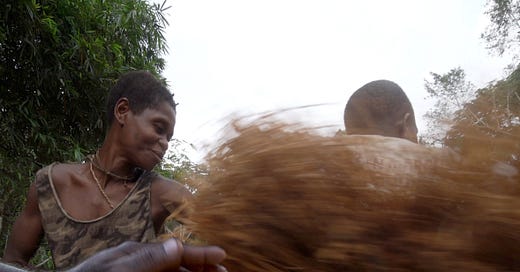Cultural & Linguistic Networks of Central African Hunter–Gatherers: Insights from Ancient Origins
Ancient Social Networks in Central Africa
Recent research from the University of Zurich reveals extensive cultural and linguistic networks among Central African hunter–gath1erer groups dating back millennia, challenging previous assumptions about the region's prehistoric cultural evolution.
Central Africa, known for its rich biodiversity and complex human history, has been home to hunter–gatherer…
Keep reading with a 7-day free trial
Subscribe to Anthropology.net to keep reading this post and get 7 days of free access to the full post archives.


